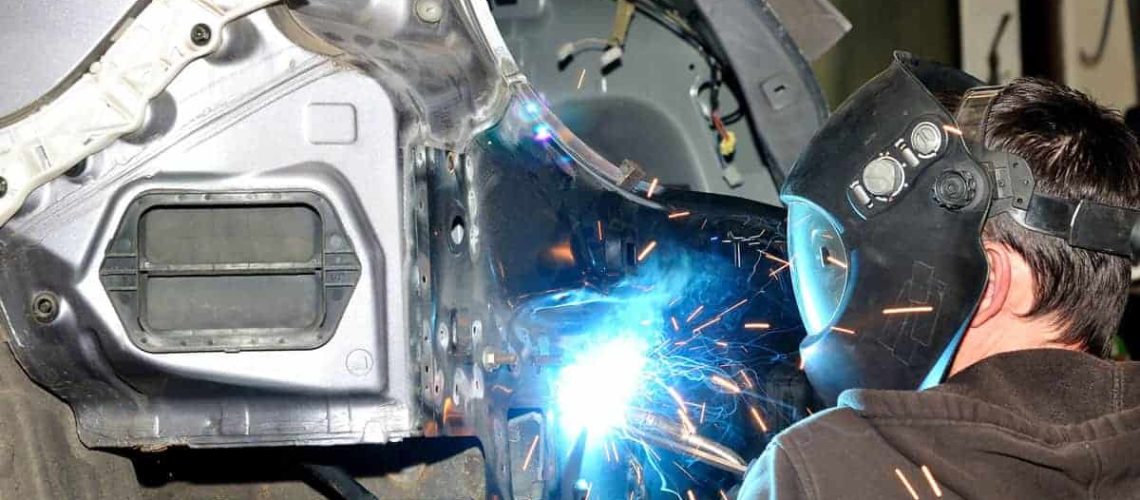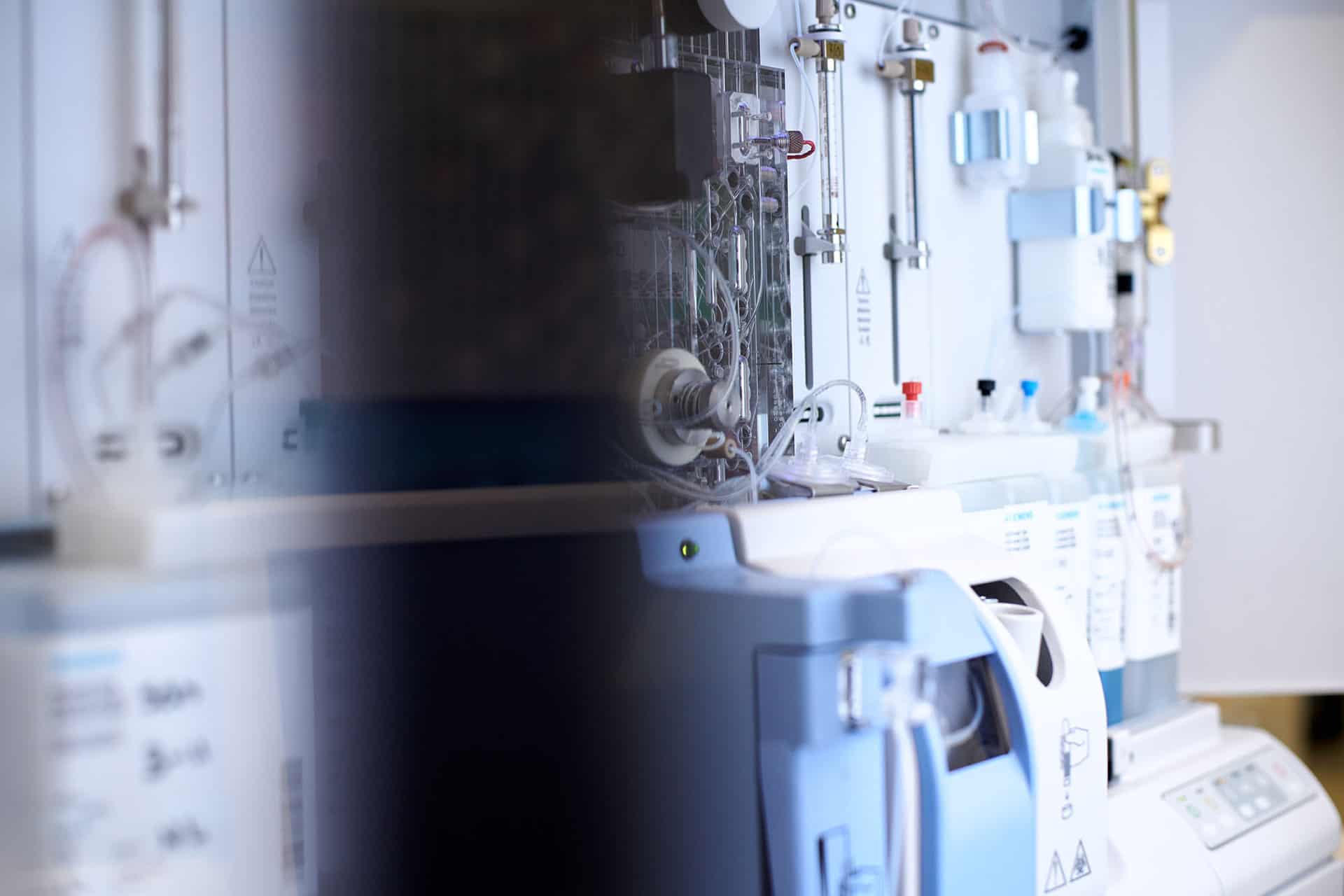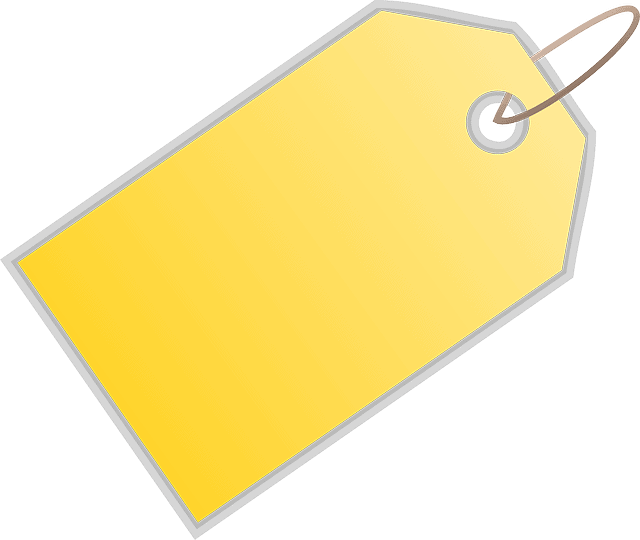A diesel mechanic is responsible for the maintenance and repair of diesel engines. They may work on construction equipment, trucks, buses and boats.
Diesel mechanics may also be known as diesel engine specialists, diesel technicians or heavy vehicle technicians.
Diesel mechanics inspect, repair and maintain diesel engines. They use a variety of tools and diagnostic equipment to identify problems and make repairs.
Diesel mechanics often work with heavy machinery, so it is important that they are able to safely use and maintain the equipment. They may also be required to operate a forklift or other heavy duty equipment.
Diesel Engine Repair & Maintenance Vs. Gasoline Engines
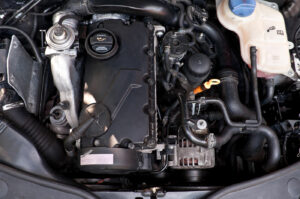
Diesel engine maintenance differs from that of gasoline engines in a few key ways.
Diesel engines are designed to run on a heavier fuel than gasoline. This means that they require more frequent maintenance in order to prevent build-up and corrosion.
Diesel mechanics must be able to identify and fix problems with fuel injectors, glow plugs and other engine parts. They may also be required to perform emissions testing and repairs.
Diesel mechanics must have a strong understanding of electronic troubleshooting techniques. Many diesel engines now use computerized controls, so a mechanic must be able to diagnose problems using a computer.
Education and Experience Requirements
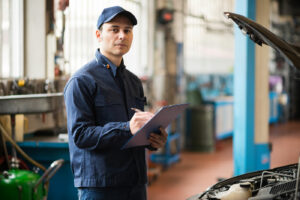
Most diesel mechanics have a high school diploma or equivalent. Many trade schools offer programs in diesel technology, and some employers may require certification from these programs.
Most diesel mechanics learn on the job, working with experienced technicians. Many employers offer apprenticeship programs that combine on-the-job training with classroom instruction.
Diesel mechanics typically work in well-ventilated and sometimes noisy repair shops. They generally work full time, and their hours may include evenings and weekends. Some mechanics may be on call 24 hours a day in case of emergencies.
Common Diesel Engine Problems
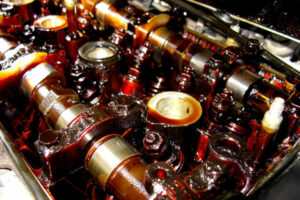
Diesel engines are built to last, but like any machine, they eventually break down and need repairs. The most common problems diesel mechanics see are:
- Fuel injector problems
- Turbocharger issues
- Engine timing problems
- Glow plug issues
- Exhaust system problems
Diesel mechanics use a variety of tools to diagnose and repair these and other issues. They also regularly use computerized diagnostic equipment to pinpoint problems.
Why Are Diesel Mechanics In Demand?
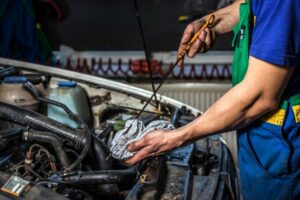
Diesel mechanics are in high demand for a few reasons. First, the number of diesel-powered vehicles on the road is increasing. This includes not only trucks and buses, but also construction equipment, generators and agricultural machinery.
Second, diesel engines are becoming more complex. Today’s diesel engines are equipped with advanced technology, including computerized controls. As a result, they require more specialized care and maintenance.
Finally, the average age of diesel mechanics is increasing. As older mechanics retire, there will be more job openings for qualified candidates.
When To Contact a Diesel Mechanic
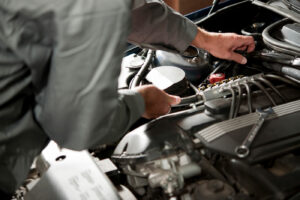
Some signs your diesel engine vehicle needs maintenance or repair include:
- Unusual noises coming from the engine
- Excessive exhaust smoke
- Reduced power or performance
- Increased fuel consumption
- Engine starts then stalls
If you notice any of these issues, it’s best to contact a qualified diesel mechanic as soon as possible. Delaying necessary maintenance or repairs can lead to more serious and costly problems down the road.
